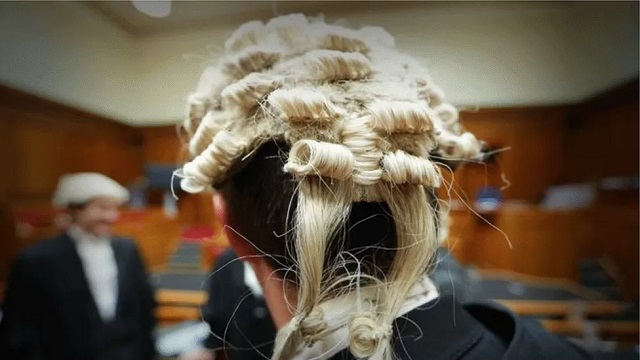
The controversial not proven verdict is to be scrapped in Scottish courts as part of sweeping reforms to the country’s justice system.
The measures will also see the number of jurors in criminal trials reduced from 15 to 12.
And a pilot will be held that would see rape and attempted rape trials be held without a jury.
Not proven is one of three verdicts that can be returned in Scotland, alongside guilty and not guilty.
The implications of a case being found not proven are exactly the same as not guilty and the accused is innocent in the eyes of the law.
But there has been concern that it can be confusing for juries and the public.
Critics of the verdict also say it can stigmatise an accused person by appearing not to completely clear them and that it can fail to provide closure for victims.
However some legal experts believe it can offer additional protection to an accused person by helping to ensure that they will not be convicted if the jury has any doubts.
And the Law Society of Scotland has warned there could be an increase in miscarriages of justice if not proven is scrapped.
Not proven is unique to Scots law, with other legal systems only having two possible verdicts rather than three, and discussions about whether or not to keep it have been going on for years.
The verdict can trace its roots back to the 17th century, but despite being available in all criminal cases there is no definition of not proven, or the difference between it and a not guilty verdict.
A study published in 2019 found removing the not proven verdict might incline more jurors towards a guilty verdict in finely balanced trials.
It also highlighted inconsistent views on the meaning of not proven and how it differed from not guilty.
The general perception among the public is often that a “not proven” verdict suggests a sheriff or jury believes the accused is guilty, but does not have sufficient evidence to convict.
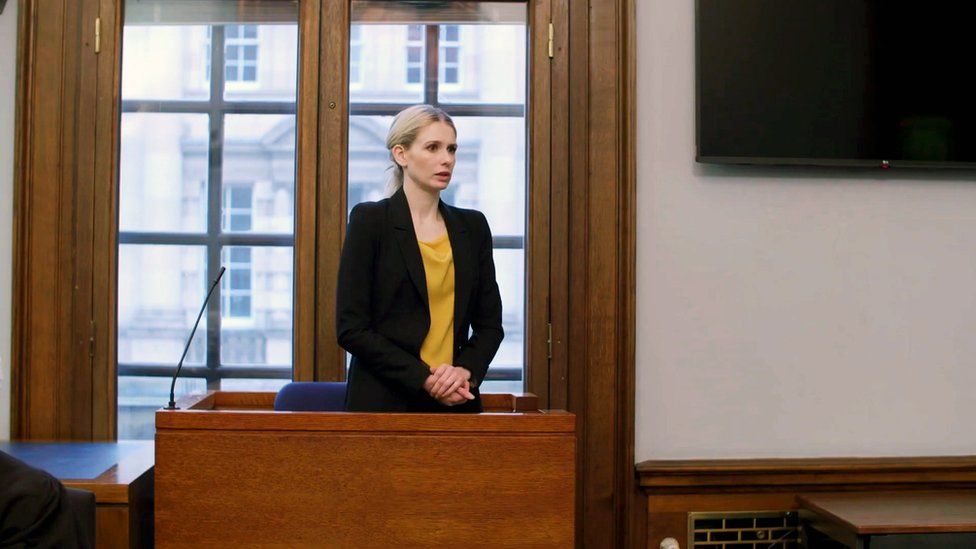
The proposal to abolish the verdict is contained in a new bill published by the Scottish government which would see the most radical shakeup of the country’s justice system in decades if it is passed.
The measures include reducing the number of people who sit on a jury from 15 to 12, which would bring Scotland into line with England.
At least eight of the 12 jurors will need to agree that the accused is guilty for them to be convicted rather than the current simple majority of eight out of 15 – which Rape Crisis has warned could make it harder to get convictions.
A new specialist sexual offences court will be created and a pilot project will see rape and attempted rape cases being held without a jury, with a single judge deciding whether or not the accused is guilty.
The move is aimed at increasing the country’s low conviction rate for serious sexual offences.
Only about half of rape and attempted rape trials result in a conviction. The overall conviction rate in trials is about 90%.
Rape and attempted rape trials have also been far more likely to end in a not proven verdict that trials for other offences.
There were 2,176 rapes and attempted rapes reported to the police in 2020/21, but only 152 prosecutions and just 78 convictions.
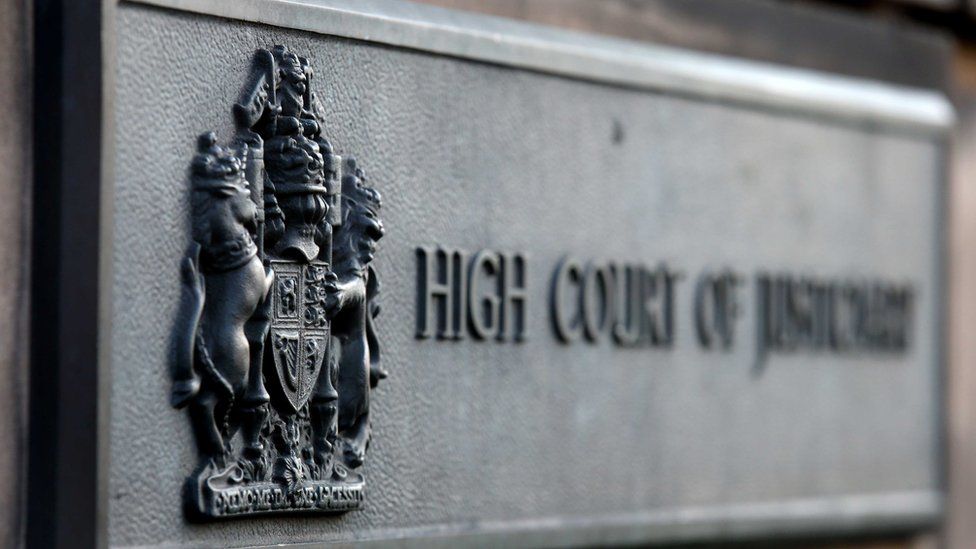
Justice Secretary Angela Constance said that victims of sexual abuse “must be supported to have trust and confidence that the processes of justice will serve their needs, allow them to give their best evidence and support them in their recovery.”
Rape Crisis chief executive Sandy Brindley welcomed the majority of the proposed reforms, which she said “could bring about a transformative change in improving legal responses to rape”.
She said there was “overwhelming evidence” that jury members are influenced by “rape myths” – such as assumptions that victims would always fight back, their attacker would be a stranger, or that they would report the incident immediately.
Ms Brindley added: “What we know is that many women in particular are being failed by the justice system and I have no doubt that guilty men are walking free. I think we need to do something about that.”
Defence lawyer Tommy Ross KC challenged the assumption that there is something wrong with the conviction rate and warned of a possible backlash against the proposals.
He said: “The conviction rate should match exactly the number of cases which are proved beyond reasonable doubt and the people who work in the criminal justice system believe that that test has been met.”If our judges have faith in our juries then I expect our judges to come out fighting for the jury system.
“It has been abolished in Russia, it was abolished in Nazi Germany. I don’t expect the jury system to be abolished in Scotland.”
Source: bbc.co.uk



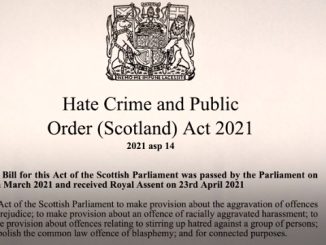

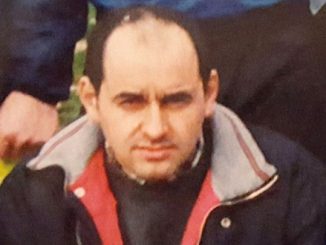
Be the first to comment